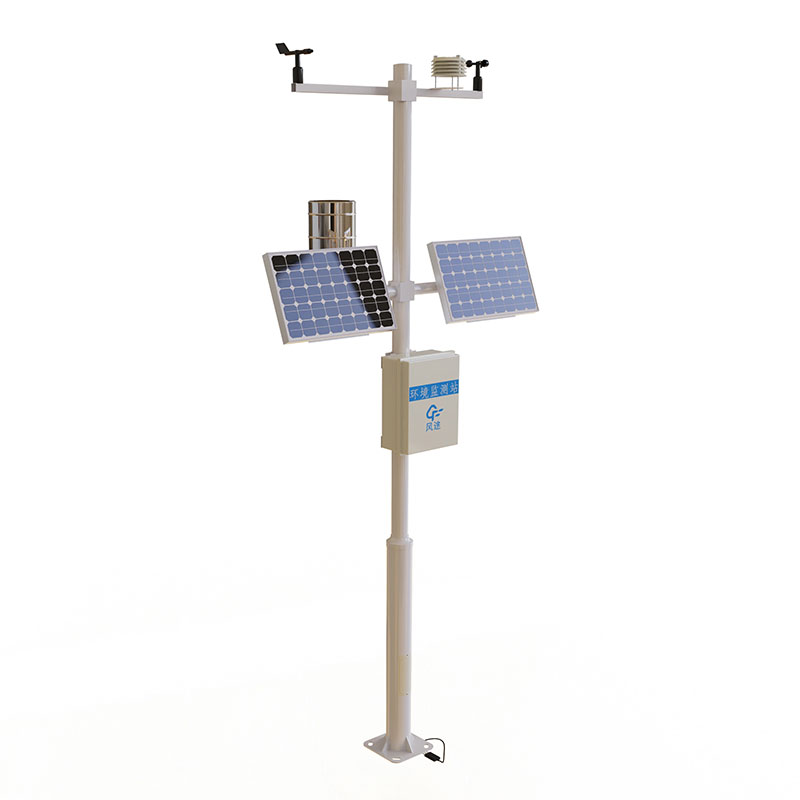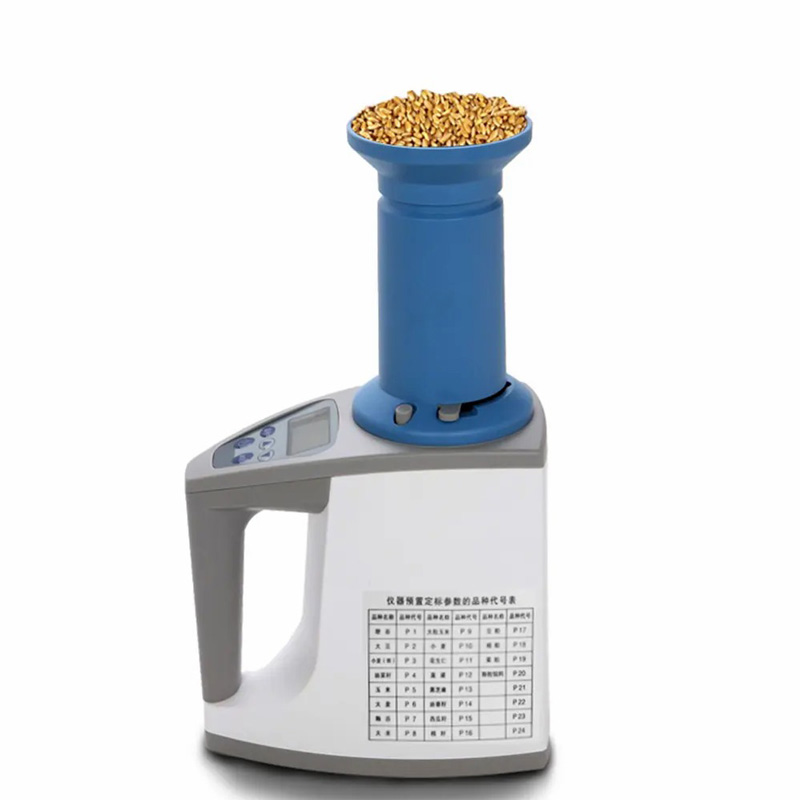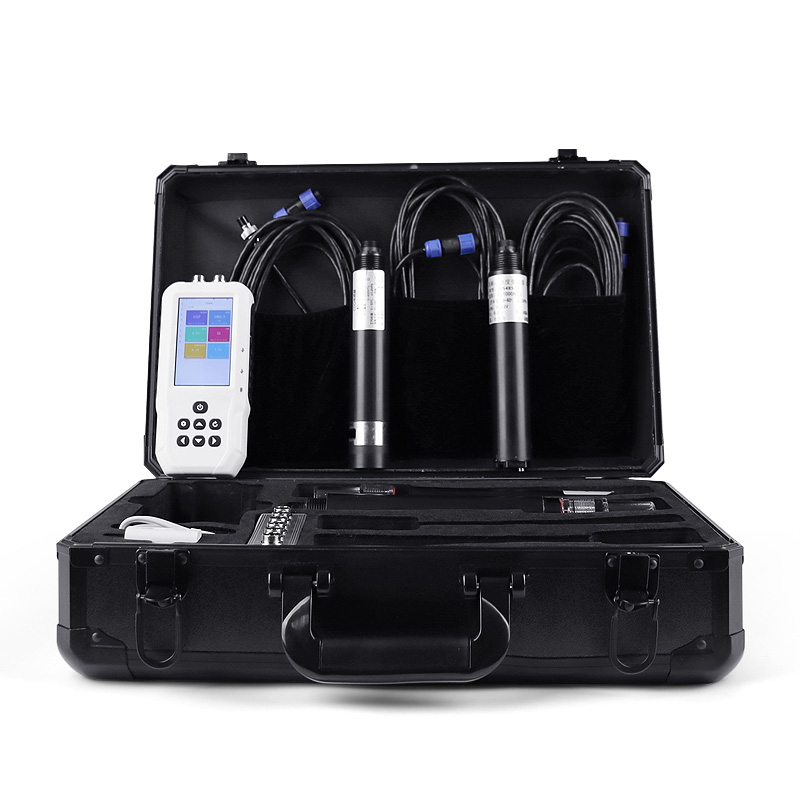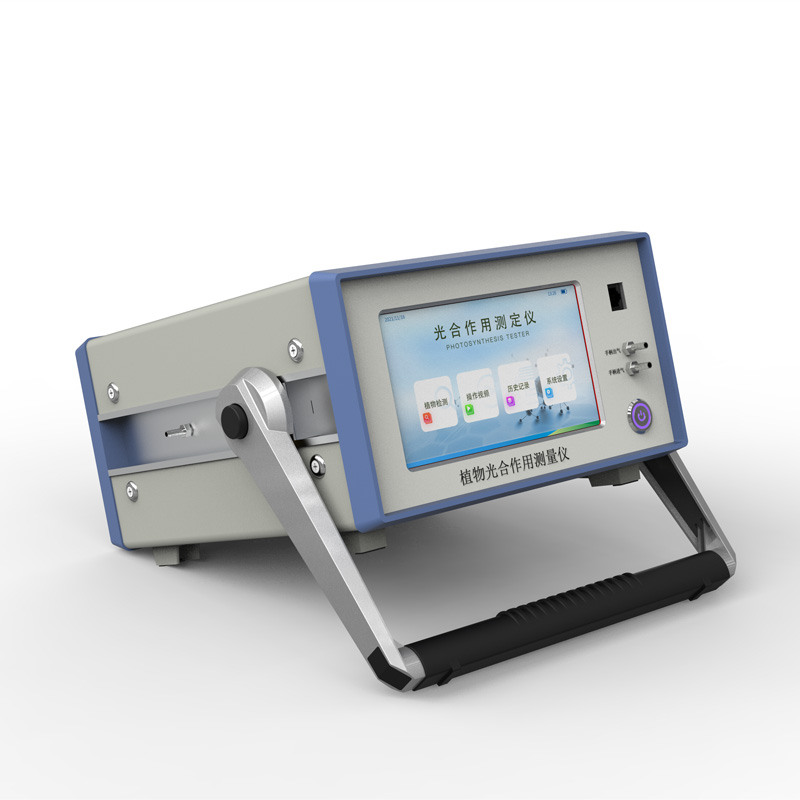What is high-standard farmland? According to national standards, it is land that has been carefully planned and constructed. They have flat terrain, continuous plots, complete supporting facilities, fertile soil and a good ecological environment. They have the ability to resist natural disasters and can ensure stable yields. They are high-quality resources among cultivated land.
So how can we build high-standard farmland?
The answer is to rely on technologies such as the Internet of Things, sensors, cloud computing and big data analysis to build a complete Internet of Things monitoring network to continuously monitor important environmental indicators such as soil moisture, temperature, pH value, atmospheric pressure and light intensity. These data are uploaded to the cloud in real time through a wireless communication network for in-depth analysis and processing, thus providing accurate data support for scientific management of farmland.
Among them, Agrometeorological stations play an important role.
This system consists of three main subsystems: data collection module, data transmission module and data receiving terminal. Specifically:
The data collection module is responsible for collecting and integrating multi-source data and video images from meteorology, soil and farmland environment, and summarizing these information into a single data stream for transmission.
The data transmission module is responsible for sending the integrated data output by the data collection module to the data receiving terminal through wireless transmission equipment and network.
The data receiving terminal is responsible for receiving the data stream from the data transmission module and parsing it back into the original multi-source meteorological, soil and farmland environment data and video images. This terminal is also responsible for storing and managing these data.
In the traditional agricultural model, it has always been a problem for farmers that it is difficult to accurately control key environmental factors such as soil, climate and water resources. But now, with the help of Agrometeorological stations, farmers can deeply understand and properly manage the farmland environment and achieve more efficient agricultural production. Whether it is soil moisture status, climate change trends, or disease monitoring, it can provide farmers with accurate data and information, and then give real-time decision support, optimize resource utilization, and effectively improve the yield and quality of agricultural products.

This paper addresses:https://fengtusz.com/industry/489.html









